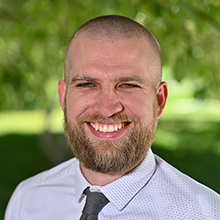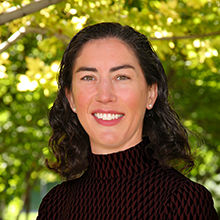Listening Time — 24:03
Editor-in-Chief Alan Jette discusses academic career earnings and the projected shortage of physical therapy researchers with Alexander Garbin and Jennifer Stevens-Lapsley, whose recent study evaluated the short- and long-term financial impacts of a full-time PhD program for physical therapists with a DPT.
Based on the results, their recommendations include encouraging talented physical therapists to transition to PhD programs “sooner rather than later” and creating more avenues for funding. Garbin and Stevens-Lapsley are co-authors of the article “Long-Term Career Earnings in Academia Might Offset the Opportunity Cost of Full-Time PhD and Postdoctoral Education for Physical Therapists Who Hold a Doctor of Physical Therapy Degree.”
Our Speakers

Alan M. Jette, PT, PhD, FAPTA, is editor-in-chief of PTJ: Physical Therapy & Rehabilitation Journal.

Alexander Garbin, PT, DPT, PhD, is a physical therapist, VA Eastern Colorado Geriatric Research, Education, and Clinical Center, VA Eastern Colorado Care System, Aurora, Colorado. He is also a postdoctoral fellow in the physical therapy program, Department of Physical Medicine and Rehabilitation, University of Colorado.

Jennifer Stevens-Lapsley, PT, PhD, is associate director of research and health scientist, VA Eastern Colorado Geriatric Research, Education, and Clinical Center, VA Eastern Colorado Care System, Aurora, Colorado. She is also a professor in the physical therapy program, Department of Physical Medicine and Rehabilitation, University of Colorado.